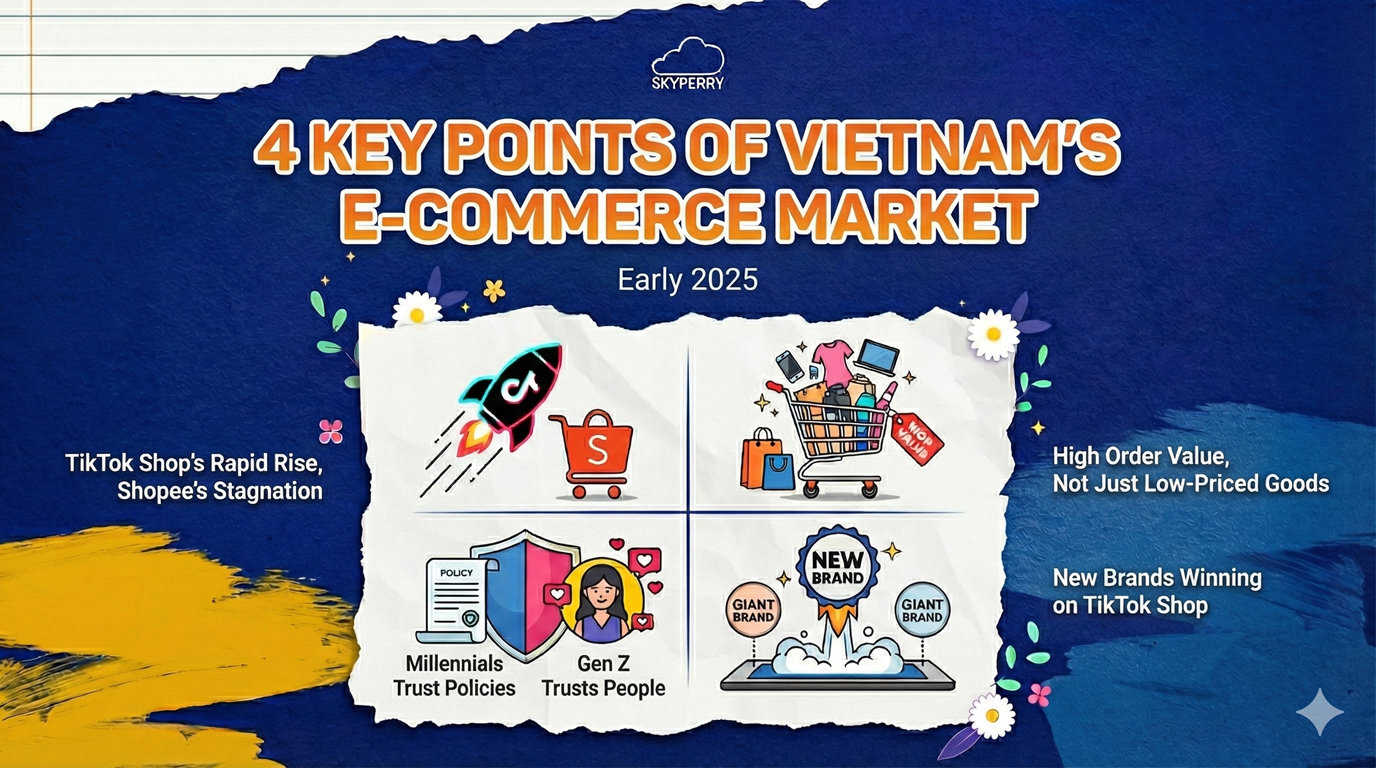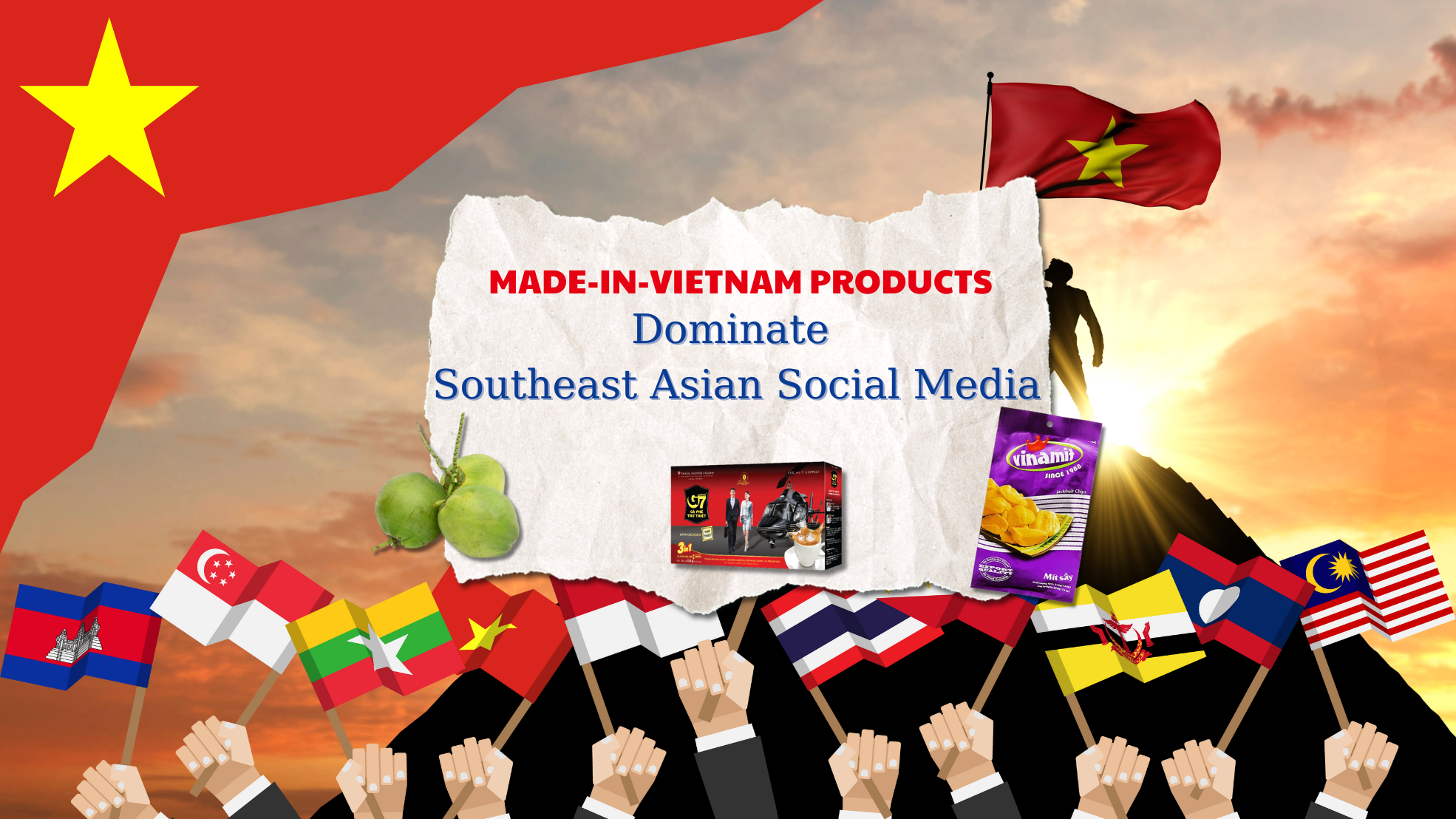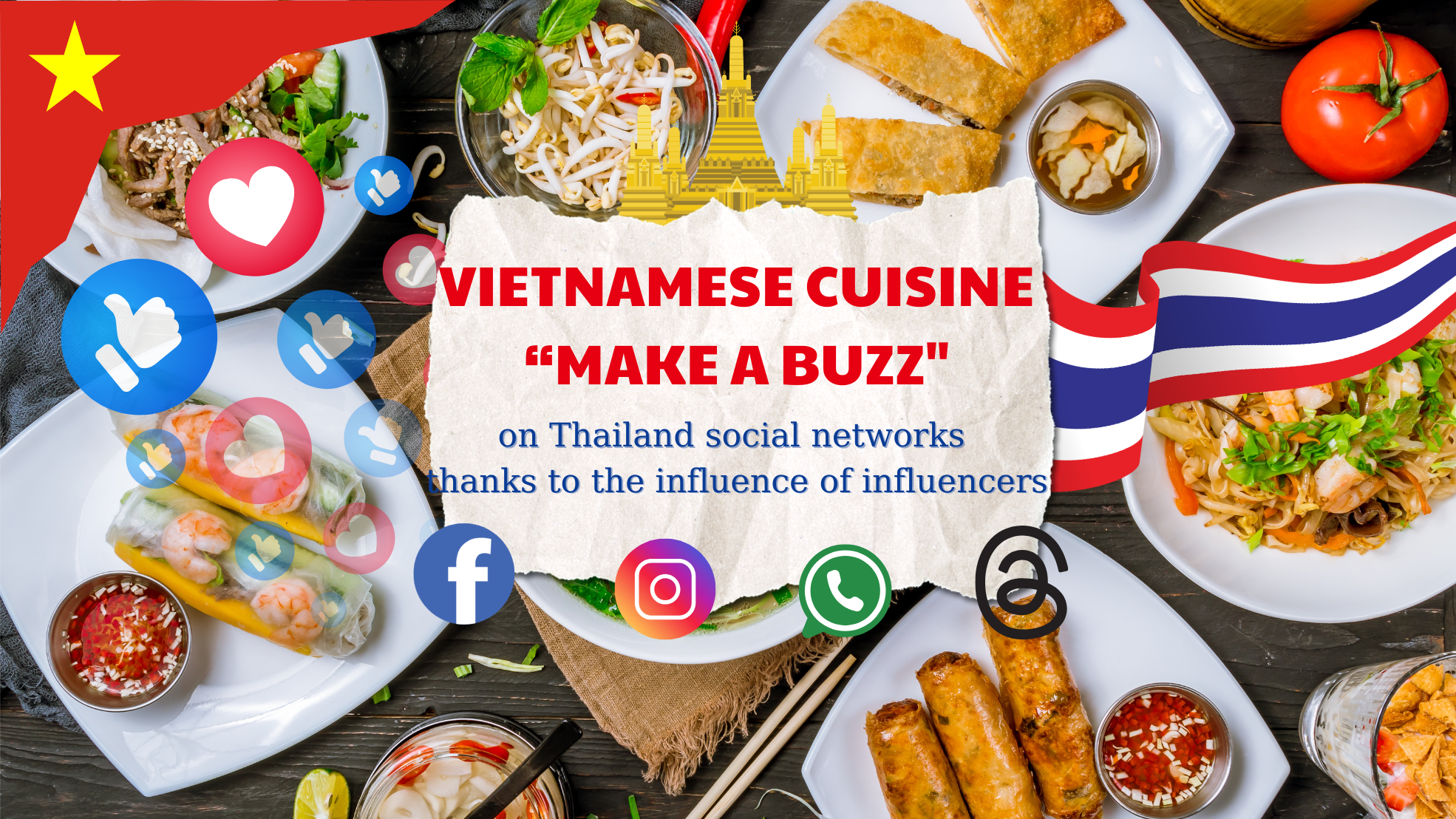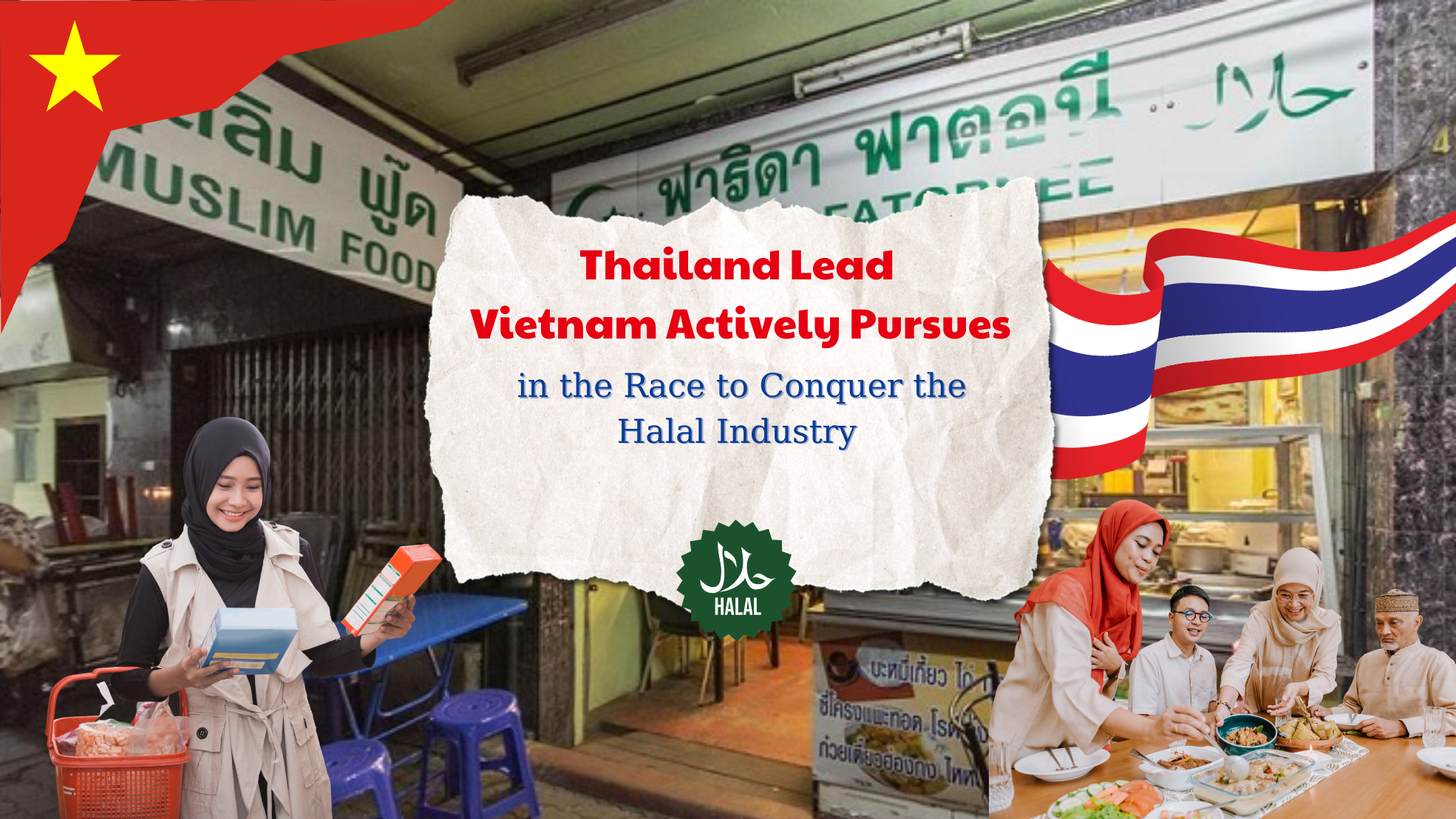The Philippines is increasingly emerging as a promising market for Vietnamese products, thanks to the alignment and compatibility between the market’s demands and the capabilities of Vietnamese producers. In an era of encouraged free trade and cross-border e-commerce, Vietnamese brands must equip themselves with a deep understanding of local communities and consumer behavior to successfully penetrate this market.
The following article highlights key characteristics of consumer culture in the Philippines.
Family-Centric Shopping
The lives of Filipinos are deeply intertwined with family relationships, extending beyond the nuclear family to include a wider network of relatives. This kinship significantly shapes purchasing behavior, with consumers often prioritizing the needs and preferences of family members over their own desires.
Products in large or family-sized packaging, designed for sharing among relatives, resonate strongly. High-value items are also popular as they allow multiple family members to experience and enjoy them together.
Filipinos have a cultural tradition of bringing gifts back for family members after traveling, a gesture that reflects thoughtfulness and strengthens familial bonds.
This family-oriented culture also manifests in the respect for elders. Younger generations actively seek out health supplements, mobility aids, and similar products for their grandparents and parents. Additionally, younger family members are introducing their elders to online shopping, enriching the family’s overall purchasing habits.
Products that bridge generational gaps and cater to collective family needs hold immense potential in this market of over 100 million people.
Event- and Festival-Driven Shopping
Philippine society embraces the concept of Bayanihan, which embodies a spirit of unity and communal sharing. This community-focused culture ties closely to gatherings and local events. Products that cater to these communal activities—such as food and beverages meant for sharing—fulfill the Filipino desire for connection and togetherness.
The Philippines is renowned for its vibrant local festivals and religious events that occur throughout the year. As a result, Filipinos exhibit a distinct culture of seasonal and festival-driven shopping. During these celebrations, demand spikes for festival-specific goods like food, clothing, and decorations. Filipinos have a deep love for cultural festivities, aiming to create memorable experiences.
With over 80% of the population being Catholic, consumer patterns are heavily influenced by religious rituals and traditions. Holy Week and Christmas mark the peak shopping seasons of the year. During these times, Filipinos purchase gifts, decorations, and prepare lavish feasts. Beyond these major holidays, shopping also extends to festivals honoring patron saints, celebrated across various localities.
Influenced strongly by American culture, Filipinos celebrate Halloween with great enthusiasm. A week before the event, Manila transforms—hotels, cafés, restaurants, and homes are adorned with vivid, lively Halloween decorations. People eagerly brainstorm ideas, shop for costumes, and plan to join masquerade festivities.
This blend of local traditions, religious practices, and American influences creates a Philippines brimming with festive energy and a vibrant consumer culture centered around gatherings. This is a defining trait that Vietnamese brands must leverage to succeed in this market.
SEAcommerce in the Philippines Market
To dive deeper and ensure successful market entry for Vietnamese products in the Philippines, SKYPERRY introduces SEAcommerce—a program offering a seamless service ecosystem, from export-import logistics to sales through an extensive KOL network in the Philippines, and local order fulfillment for swift delivery to consumers. For more details, please contact us at:



